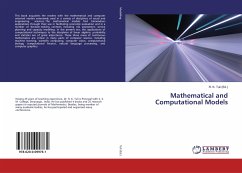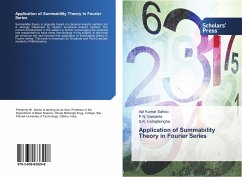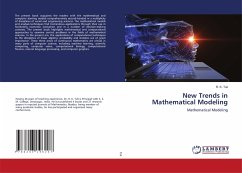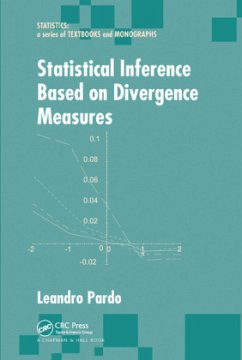
Divergence Theorem
Versandkostenfrei!
Versandfertig in 6-10 Tagen
23,99 €
inkl. MwSt.

PAYBACK Punkte
12 °P sammeln!
In vector calculus, the divergence theorem, also known as Gauss' theorem, Ostrogradsky's theorem, or Gauss strogradsky theorem is a result that relates the flow of a vector field through a surface to the behavior of the vector field inside the surface. More precisely, the divergence theorem states that the outward flux of a vector field through a closed surface is equal to the volume integral of the divergence of the region inside the surface. Intuitively, it states that the sum of all sources minus the sum of all sinks gives the net flow out of a region. The divergence theorem is an important...
In vector calculus, the divergence theorem, also known as Gauss' theorem, Ostrogradsky's theorem, or Gauss strogradsky theorem is a result that relates the flow of a vector field through a surface to the behavior of the vector field inside the surface. More precisely, the divergence theorem states that the outward flux of a vector field through a closed surface is equal to the volume integral of the divergence of the region inside the surface. Intuitively, it states that the sum of all sources minus the sum of all sinks gives the net flow out of a region. The divergence theorem is an important result for the mathematics of engineering, in particular in electrostatics and fluid dynamics. The theorem is a special case of the more general Stokes' theorem, which generalizes the fundamental theorem of calculus.












